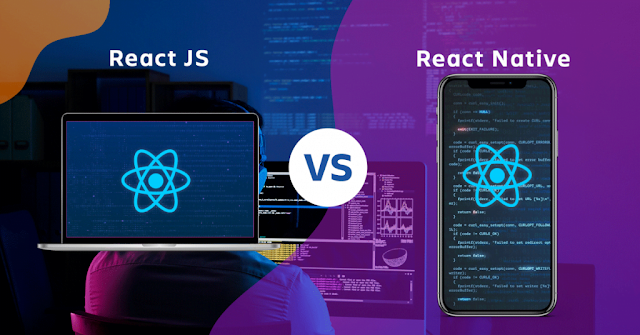Top 5 Future Scopes of React Native for Mobile App Development
Scope of React Native for mobile app development
Here are some best elements to use React Native.
Open source platform
You could say that open-source welcomes a wide range of contributors. And React Native is one of them, focusing on projects to deliver the best results. Furthermore, it received widespread support. React Native for mobile app development is still evolving to assist newcomers. They constantly fix bugs, release new updates, involve people, etc. What else do you need if you have an open-source platform and developers? Furthermore, the demand for mobile apps will increase in the future.
Cross-platform support
The React Native APIs work flawlessly with iOS and Android. So, using React Native for mobile app development offers numerous benefits. Furthermore, you can deliver complex applications that are fully functional. It reduces the overhead of writing code for multiple platforms. So, it directly impacts the developer's productivity.
Although, platform module extensions in React Native cover this implication. Furthermore, it detects the OS for later implementations. Because these files match and fulfill the platform-specific requirements. Moreover, React Native will be the first choice for mobile apps shortly.
Concise development cycle
With all the excellent features, React Native offers a shorter SDLC. Because of extensive tools and mechanisms. And with the Redux, helped to shorten the cycle. As discussed above, the same data layer for both OS increases time management. Moreover, code reusability helps you to develop apps faster. And with the growing advancements, it counts to the plus point of using React Native.
Furthermore, as fast to develop, the lesser time you need to deploy. So, it adds to the popularity of React Native. You can hire dedicated React Native developers for more technical guidance. Furthermore, the code runs for both OS adds up to decrease the longer SDLC.
Live code updates
React Native for mobile app development offers a significant edge to real-time updates. Instead of the app store cycle for updates, the user receives them here. Because JavaScript is the active player, this adds to the advantage. When comparing iOS to Android, iOS takes longer to update. However, there is no further delay in updates if you approve all user requests at once.
However, the new Code Push SDK in React Native now allows updates to push to the user's phone. However, there is one disadvantage. Only the JavaScript file is changed. And iOS must follow the longer path of the Play Store update process. On the other hand, it also benefits users to know what updates they rely on.
Reduce code time
As React Native supports code reusability, it also supports reduced time to code. With the increasing advancements, the time is quite less to deploy. React Native firmly believes in the "Write Once, Use Everywhere" idea for every app. Moreover, you can write fresh code with attractive UI with the best techniques.
You can hire dedicated React Native developers for more technical guidance. As you have to write code to accommodate both OS. So it won't eat up your productivity to handle both platforms. Even the UI problems don't exist in the such environment because of the unified approach.
Conclusion:
React Native is gaining popularity with the increased demand trends. And along with this, it has the potential to support the increasing mobile app demands. For more consideration, consult React Native application development for your projects.




Comments
Post a Comment